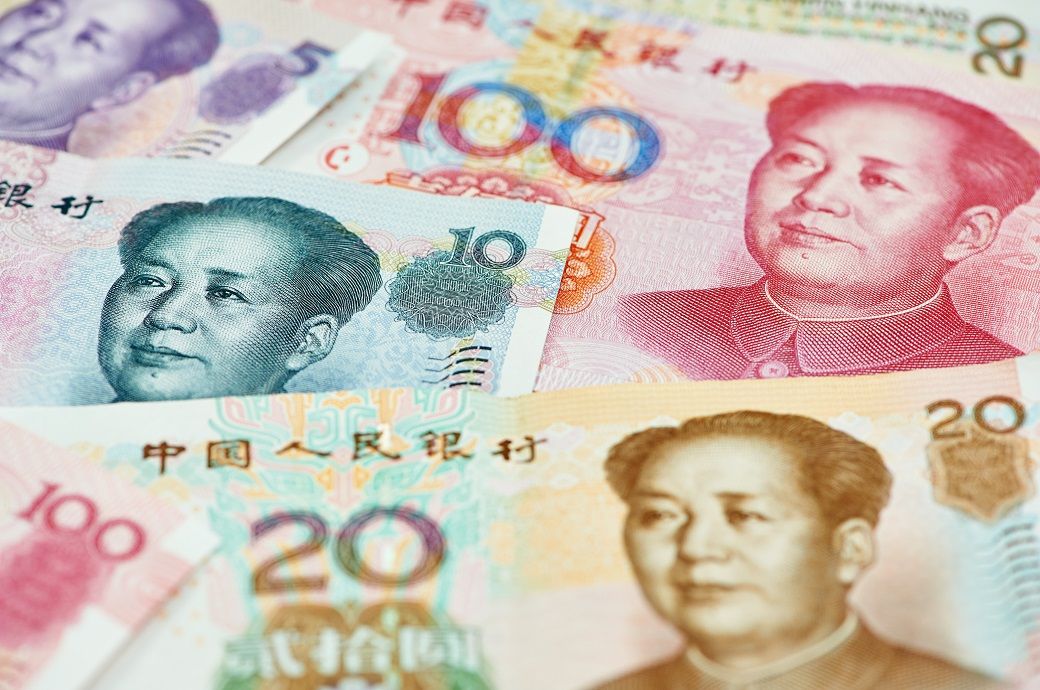
The International Monetary Fund (IMF) has called on China to implement stronger policy measures to address its external imbalances, even as the country reported a 2.3 per cent GDP current account surplus in 2024. This surplus marks a significant increase from 2023 and was driven by a surge in exports, which rose by 7.2 per cent due to improved competitiveness and robust external demand.
The goods balance saw a substantial improvement, reaching 4.1 per cent of GDP, supported by declining domestic prices and a frontloading of exports ahead of potential tariff hikes.
Despite the positive export performance, the IMF highlighted continued vulnerabilities, particularly from sustained capital outflows and the ongoing depreciation of the Chinese yuan (RMB). The real effective exchange rate (REER) depreciated by 2.6 per cent in 2024, marking the third consecutive year of declines and signalling persistent external pressures.
However, the nominal effective exchange rate (NEER) appreciated by 0.6 per cent in 2024, indicating some resilience in the currency against a basket of major trading partners' currencies, albeit not sufficient to offset the effects on the real exchange rate.
The IMF recommended a strategic reduction in industrial policies and a shift towards a more liberalised and transparent trade policy to foster economic integration and resolve trade tensions. Structural reforms, including relaxing regulatory barriers to encourage investment, are also deemed crucial for the country’s long-term economic stability.
The financial account showed deterioration, with net outflows reaching -2.5 per cent of GDP, primarily due to large portfolio outflows and a historic low in foreign direct investment (FDI). The IMF pointed to China’s interest rate differential with advanced economies, trade tensions, and concerns over China’s economic outlook as the driving forces behind these trends.
The IMF also advocated for the gradual opening of China’s capital account, encouraging two-way financial flows while carefully managing financial stability.
Despite these challenges, China's foreign exchange reserves grew by $6 billion in 2024, reaching $3.5 trillion. While the reserves are deemed adequate, the IMF stressed that China should be ready for temporary foreign exchange interventions if large-scale capital outflows pose risks to financial stability.
ALCHEMPro News Desk (HU)
Receive daily prices and market insights straight to your inbox. Subscribe to AlchemPro Weekly!